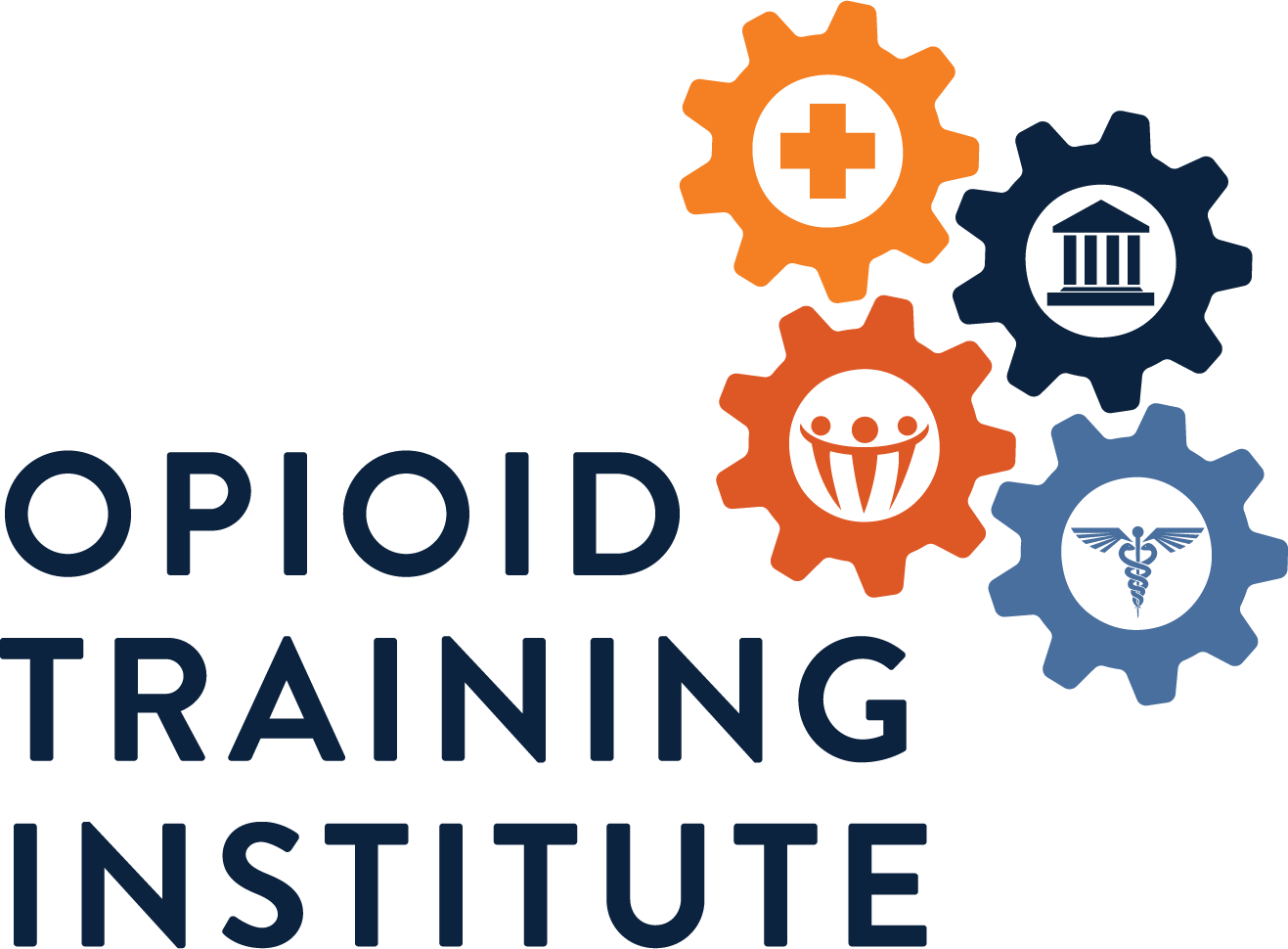Special to the
Opelika Observer
The Opioid Training Institute, a collaborative program offered by the Auburn University Harrison School of Pharmacy and the Alabama Department of Mental Health, will conduct a training session in the Auburn-Opelika area on Sept. 12. The session is offered at no cost to attendees and continuing education credit is available.
Targeted for health care providers, the program will be held at the Marriott Grand National at 3700 Robert Trent Jones Trail in Opelika and will run from 8 a.m. to 4 p.m. Walk-up attendees will be accepted, but participants are encouraged to pre-register by visiting www.AlabamaOTI.org.
“The Opioid Training Institute is a series of training opportunities across the state for health care providers and community members to learn about the current status of the Opioid Crisis and its impact on Alabamians,” said Harrison School of Pharmacy assistant dean Dr. Karen Marlowe. “The Opioid Training Institute will allow us to convene a diverse group of experiences, expertise and perspectives to advance the fight against opioids in our state.”
Alabama is one of the most affected states in the country when it comes to the Opioid Crisis. In 2017, there were 422 overdose deaths involving either prescription or illicit drugs in the state, an average of more than one per day.
To battle such a crisis, it requires a collaborative and interprofessional effort. With that in mind, the Harrison School of Pharmacy (HSOP) and the Alabama Department of Mental Health (ADMH) partnered to create the Opioid Training Institute (OTI).
The Troy workshop is targeted to health care providers including, but not limited to, physicians, pharmacists, pharmacy technicians, dentists, dental hygienists, nurses, nurse practitioners, social workers and counselors.
“Health care professionals play a critical role in appropriate use of opioids, as well as other potential drugs of abuse, and also have opportunities to intervene in situations of potential and real inappropriate medication use,” said Harrison School of Pharmacy associate professor Dr. Brent Fox. “Attendees will leave the OTI having expanded their knowledge of a variety of measures to support appropriate opioid use, as well as options for treatment and other supporting resources.”
The opioid epidemic is one that knows no neighborhood, class or age and impacts every sector of the state, including health care, education, business and local government. Opioids are a class of drugs that includes heroin as well as prescription pain relievers such as oxycodone, hydrocodone, morphine and fentanyl. These drugs work by binding to the body’s opioid receptors in the reward center of the brain, diminishing pain as well as producing feelings of relaxation and euphoria.
Because of the variety of uses, one could come into contact with opioids from street drugs to prescription drugs. The problem is one that affects all socio-economic statuses. It is for this reason that such a broad spectrum of people, from health care to law enforcement to leaders in the community, are needed to fight the problem.
“Opioid use disorder impacts those from the teen years to the older populations in our state. In 2017, more than 47,000 Americans died of opioid overdoses and in Alabama we see the need for education to reach everyone that may have the power to evoke change for our communities,” Marlowe said. “Understanding the risk factors for opioid use disorder and overdose in your school, community, place of worship may help someone to connect with the appropriate resources in their community. We also hope to start more conversations across different professions to share information about programs that already exist in communities across the state.”
All sessions are free and pre-registration is preferred. Speakers at the events include those from health care, law enforcement, government agencies and others.
“Mental health is an important piece in the fight against the opioid crisis and partnering with the Alabama Department of Mental Health allows us to combine our areas of expertise and have a greater reach in the state of Alabama,” said Harrison School of Pharmacy associate clinical professor Dr. Haley Phillippe. “We are very thankful for the opportunity to work with ADMH.”
For more information and registration, visit AlabamaOTI.org.
About the Harrison School of Pharmacy
Auburn University’s Harrison School of Pharmacy is ranked among the top 20% of all pharmacy schools in the United States, according to U.S. News & World Report. Fully accredited by the Accreditation Council for Pharmacy Education (ACPE), the School offers doctoral degrees in pharmacy (Pharm.D.) and pharmaceutical sciences (Ph.D.) while also offering a master’s in pharmaceutical sciences.
The school’s commitment to world-class scholarship and interdisciplinary research speaks to Auburn’s overarching Carnegie R1 designation that places Auburn among the top-100 doctoral research universities in the nation. For more information about the school, call 334-844-8348 or visit pharmacy.auburn.edu.


